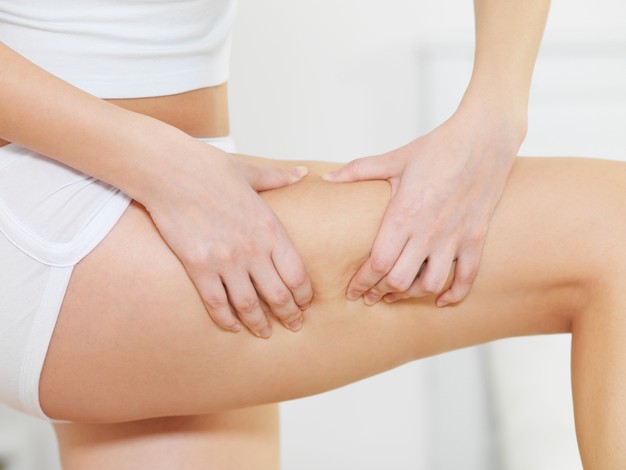
Fact check: we are made of 60 percent water. Without water, our organs won’t function well and end up in a hospital bed. We also won’t be able to dissolve the nutrients our bodies need. We need water to get rid of toxins and wastes inside our bodies. There are also instances wherein the body is unable to get rid of excess water. This is called water retention.
Because of water, we also get to cool down through sweat. If we do not sweat, our bodies will overheat and can add a strain to the heart.
What is water retention?
Water retention, also known as edema, happens when excess water does not get excreted out of our body. It causes swelling especially on ankles, legs, and hands. Among those who are more prone to water, retention is the following.
- Pregnant women
- Women who are about to have their monthly “visitor” (menstruation)
- Those without or with little physical activities
- Those who are bedridden
- Those who have been sitting for a long time (ex. during long flights)
In general, it is not a life-threatening medical condition. Most swelling instances should not be something to be scared of. In fact, it can be treated in simple ways.
However, water retention can also be a sign of an underlying medical condition such as heart or kidney disease. In such cases, you should consult a doctor immediately.
How to know water retention
One tell-tale sign of water retention is the swelling of the hands, ankles, and feet. Experiencing this problem can also hamper efforts in losing weight. If your ring does not fit anymore, it is also more likely due to it.
You will also know whether you are experiencing water retention by pressing your ankle, calf, or foot slowly and gently. If it leaves a dent on the skin, it is more likely due to it. You might also have to consult for medical help to identify the cause of edema.
Nonetheless, edema can be uncomfortable. For pregnant women, it can be challenging to walk around due to the swelling of their feet and ankles. Jobs that require long hours of standing can also increase the risk of having edema. Anemia and protein deficiency can also contribute to edema.
Water retention can also make premenstrual syndrome (PMS) a little worse. Headaches and carpal tunnel syndrome may also accompany edema. If you are taking steroid and high blood pressure medications, you also have a high risk.
Water retention and weight loss
Overweight people also tend to have more water retention. This is because they eat more calories and sodium from the food they eat. Sodium, by the way, is one of the major contributors.
When you lose weight, chances are it is due to water loss. The body stores carbs and break down protein when there are sudden food intake restrictions. That is why it can be an exciting thing to see the numbers go down on the scale.
However, it’s not really fat that you lost but water. Most people would often regain it after a few weeks because our body is restocking water once again. In this case, you may have to literally work hard on your weight loss journey.
How to reduce water retention
Water retention is not something to be scared of unless you have medical conditions mentioned above. Other than that, you may have to change your eating habits and adopt a healthier lifestyle. Here are some ways to reduce it.
Consume less sodium
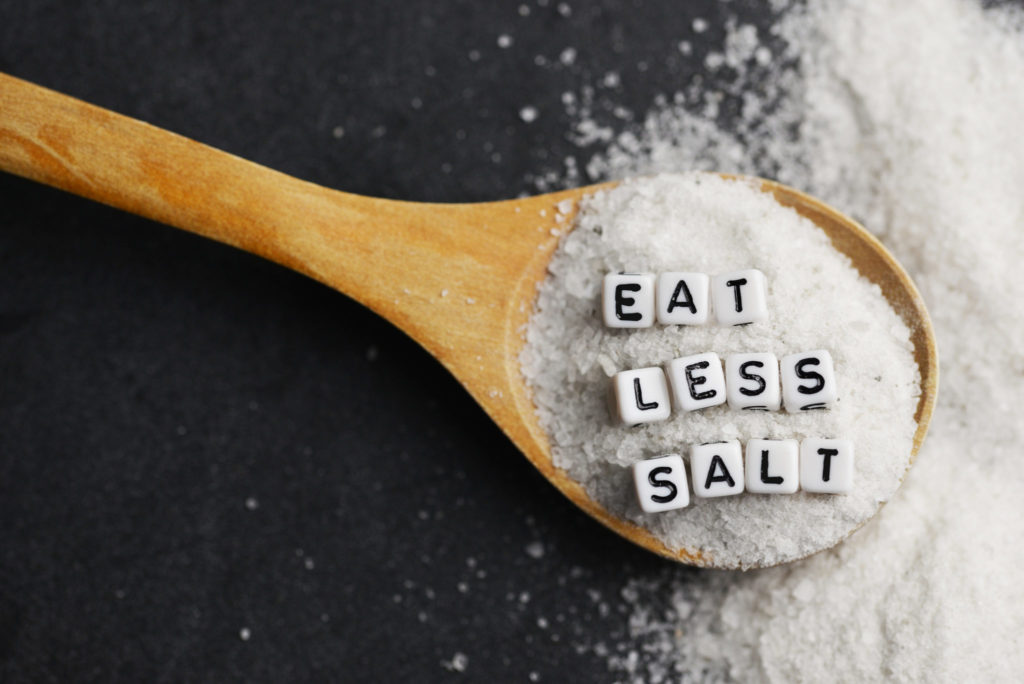
As mentioned, eating salty foods can put you at a higher risk of edema. Foods that are high in sodium content include processed foods. Lessen your salt intake by eating whole foods and lessening salt intake.
Include Vitamin B6 and magnesium intake
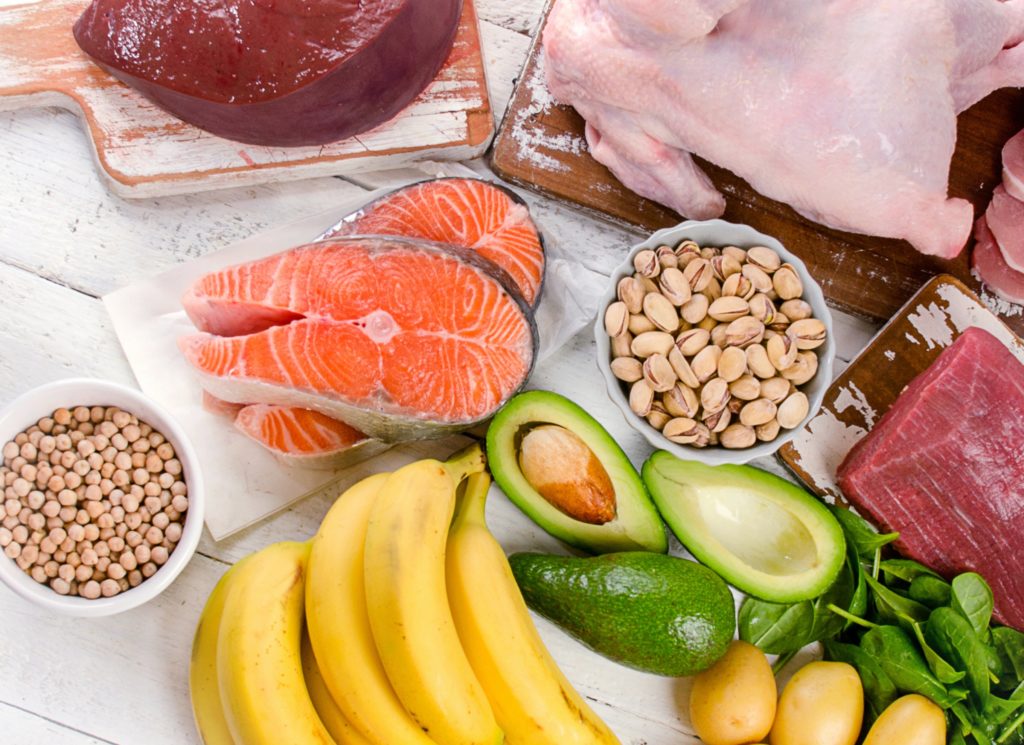
Vitamin B6 is essential for the formation of red blood cells. At the same time, Vitamin B6 can also help reduce the occurrence of edema, especially among women. Bananas, walnuts, meat, and potatoes are all rich in Vitamin B6.
Meanwhile, magnesium also helps in reducing water retention especially among women with PMS. Dark chocolate, whole grains, nuts, and leafy green veggies are all rich magnesium.
Lessen refined carb intake
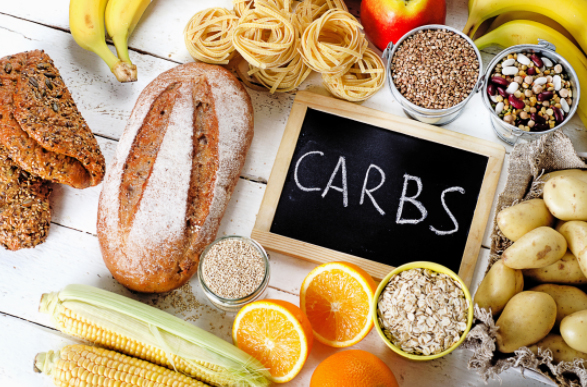
Refined carbs can lead to high insulin and blood sugar levels. Insulin, when in high levels, tends to increase sodium absorption into the body. White flour, white rice, and table sugar are considered refined carbs.
Be more physically active

Make sure to stay active as much as possible to avoid water retention. Have simple exercises or walk and move around if you have been sitting or standing for a long time. You can also elevate your feet to lessen the occurrence of edema. Don’t forget to drink lots of water. This will also help flush out toxins and excess salt in our bodies.
Reducing or eliminating is not that complicated at all. It all starts with lifestyle changes, eating healthier foods and taking supplements. If the retention does not go away, better consult your doctor.
If you want to have a healthier lifestyle, Check our Health and Fitness articles.
Comments
0 comments

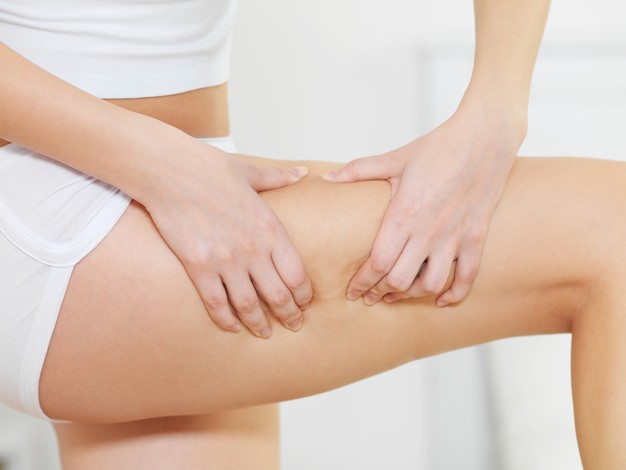
Your article made me suddenly realize that I am writing a thesis on gate.io. After reading your article, I have a different way of thinking, thank you. However, I still have some doubts, can you help me? Thanks.
Thank you very much for sharing. Your article was very helpful for me to build a paper on gate.io. After reading your article, I think the idea is very good and the creative techniques are also very innovative. However, I have some different opinions, and I will continue to follow your reply.
gate io现在注册可获得新手礼包注册成功可得$100,交易成功可得$5,500 邀请新用户以领取福利 与朋友分享40%奖励和手续费折扣首充立享$30奖励首充立享$30奖励:
Your article gave me a lot of inspiration, I hope you can explain your point of view in more detail, because I have some doubts, thank you.
You actually make it appear so easy together with
your presentation however I to find this matter to be actually one thing
which I feel I’d never understand. It seems too complex and very large for me.
I’m looking ahead on your next submit, I’ll try to get the hang of it!
Lista escape room
I like this weblog very much, Its a really nice
office to read and receive info.?
Aw, this was a very nice post. Finding the time and actual effort to produce a top notch article… but what can I say… I procrastinate a whole lot and never seem to get nearly anything done.
I was extremely pleased to find this great site. I want to to thank you for your time for this fantastic read!! I definitely enjoyed every little bit of it and i also have you saved as a favorite to see new stuff in your site.
I want to to thank you for this good read!! I certainly enjoyed every bit of it. I’ve got you saved as a favorite to look at new stuff you post…
This is a great tip particularly to those fresh to the blogosphere. Short but very accurate info… Appreciate your sharing this one. A must read post!